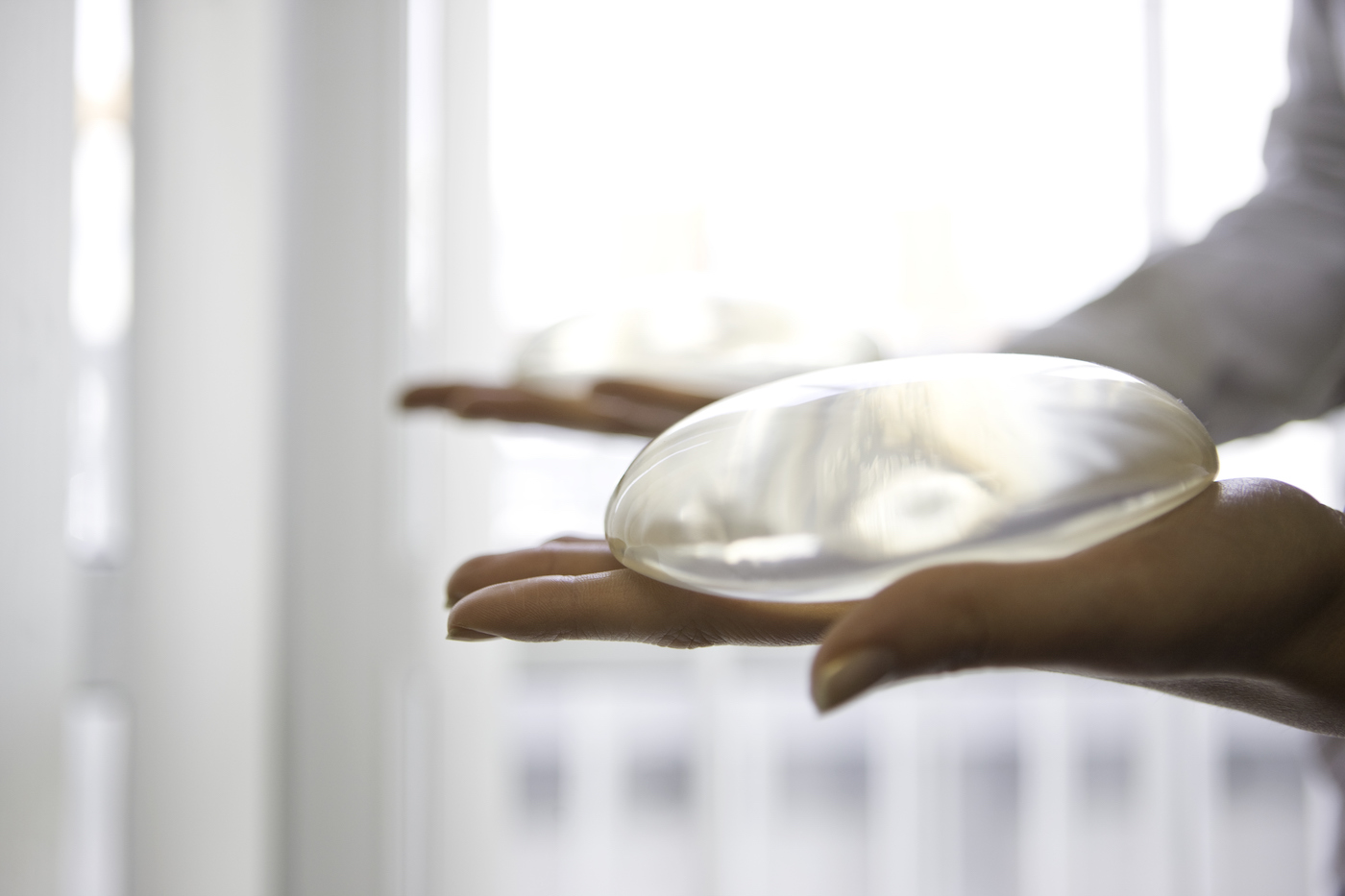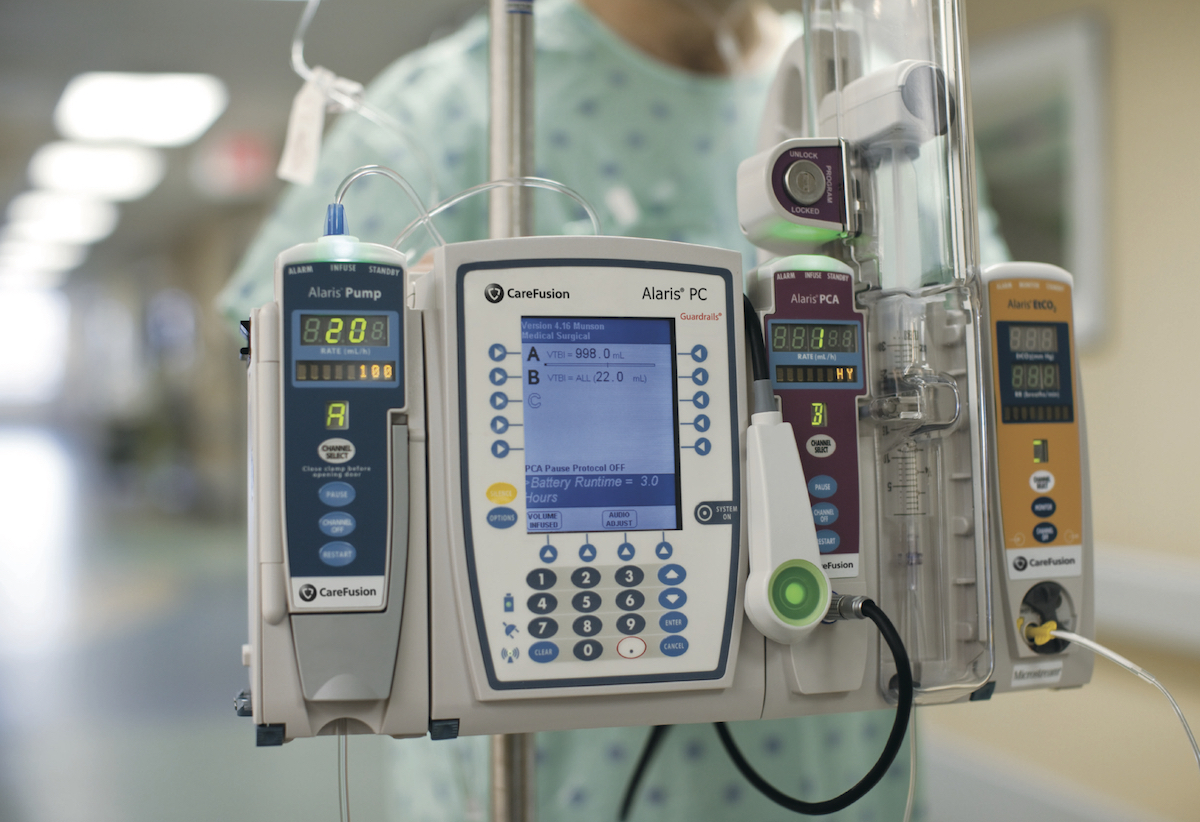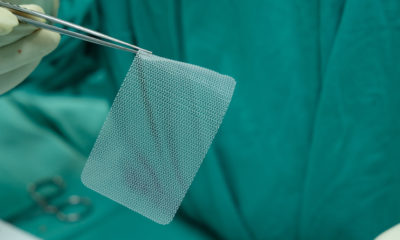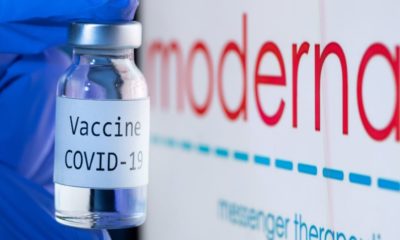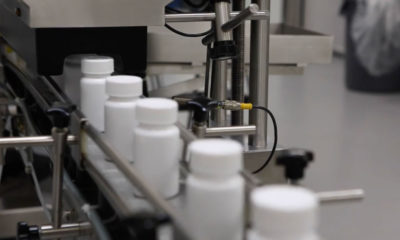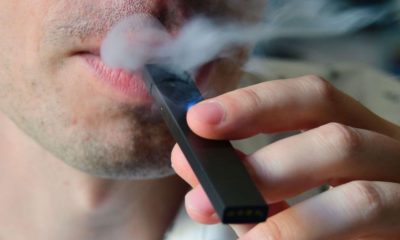The U.S. Food and Drug Administration recently issued warning letters to two major manufacturers of breast implants for failure to meet the agency’s post-approval study requirements.
In its letters, the FDA alleges that J&J and Sientra failed to comply with the agency’s requirements for further scientific study after the implants were originally approved to sell on the market.
The warning letters come on the heels of an FDA warning last month that a breast implants could be related to a particular type of lymphoma. Now, the agency is shining a light on problems with the companies’ post-approval studies that were mandated by the agency. These studies included evaluating breast implants’ long-term safety.
In its letter to J&J, the FDA highlighted several serious problems with the company’s post-approval study, particularly for its breast implant brand MemoryShape, which was approved by the FDA in 2013. The FDA cited deficiencies, including J&J’s poor patient accounting, its failure to enroll the required number of patients in the study, missing data on patient race and ethnicity, and other data inconsistencies.
J&J’s aesthetics unit, Mentor Worldwide LLC, said that it was disappointed to receive the FDA’s letter, particularly when it was in the process of trying to resolve post-approval study issues with the agency. A spokesperson for Mentor said that it had made multiple attempts to discuss the study issues with the FDA, but that the agency had failed to provide feedback.
Similarly, Sientra was also cited in the FDA’s letter as having deficiencies in its post-approval research study. Specifically, the FDA highlighted that Sientra’s patient follow-up rate of 61% was poor and was inadequate to evaluate the long-term safety of its implants. The company was under mandate from the FDA to evaluate its study subjects each year for a total of ten years.
In response to the letters, the FDA is asking both companies to provide written responses within 15 business days that illustrate how each company’s violations will be corrected. If J&J and Sientra don’t fix the mistakes, though, the agency may revoke the premarket approval for their products.
The safety of breast implants, particularly for long-term use, has been studied and questioned frequently over the years. They are widely used in the U.S. and abroad for aesthetic procedures such as voluntary breast augmentation as well as reconstruction procedures.
But the use of breast implants has been debated between manufacturers, the FDA, and patient advocacy groups for decades. Breast implants have been the reason for numerous complaints, patient health problems and lawsuits. In response to these problems, the FDA imposed a moratorium on breast implants, banning them from the US market from 1992 to 2006. When that ban was lifted in 2006, the FDA required every manufacturer of breast implants to conduct at least six post-approval studies. These studies are intended to assess the effectiveness and safety of each company’s breast implant product, as well as address specific scientific questions about the products’ long-term safety in patients.
The FDA said that its post-approval requirements are critical to ensure the safety of medical products like breast implants, as well as their effectiveness. The agency intends to hold manufactures
accountable for meeting the study requirements and says will continue to do so until the agency’s post-approval obligations are met.
